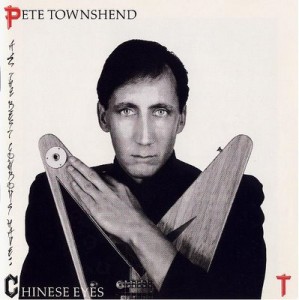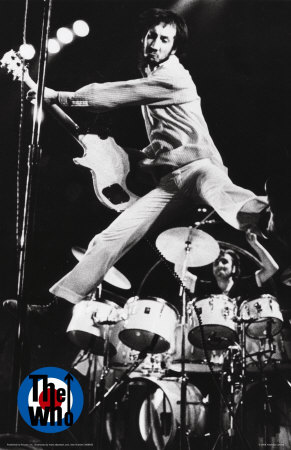This is the second part of the review. Learn about the context the album is circumscribed in and the first four tracks here.
“Exquisitely Bored” is the fifth song on the album. It is one of the two direct analyses on fame and stardom, the other being (obviously enough) “Stardom In Acton”. “Exquisitely Bored” is Pete’s lyrical take on a theme assayed by The Eagles not long before: life in the “Hotel California”. The message is basically the same, although in “Hotel California” it is implied that no-one can get out, whereas Pete’s song seems to be saying that the ennui is a true choice, that it is comforting, and that “there are good times walking in Laguna…” before finishing the excellent chorus with the line “but it rains in my heart”. One is tempted to ask the question first posed by Creedence Clearwater Revival there and then, namely “Who will stop the rain?”.
The fact is that things don’t look too sunny either when we talk about the London scene. As described by the song “Stardom In Acton”, local success seems every bit as vitiated, and also more transfiguring in the long run. The one song that describes all the vices you can imagine is this one, not “Exquisitely Bored” – “want my stash, want my cash, want omnipotence”, “the long cigarette full of hash”, “don’t admire anonymity”… It seems that making it in your hometown is the most dizzying event that could ever occur. It probably has to do with the fact you can then look down your nose at those who put down your aspirations all your life, and snort “I made it!” in their very faces. Continue reading


